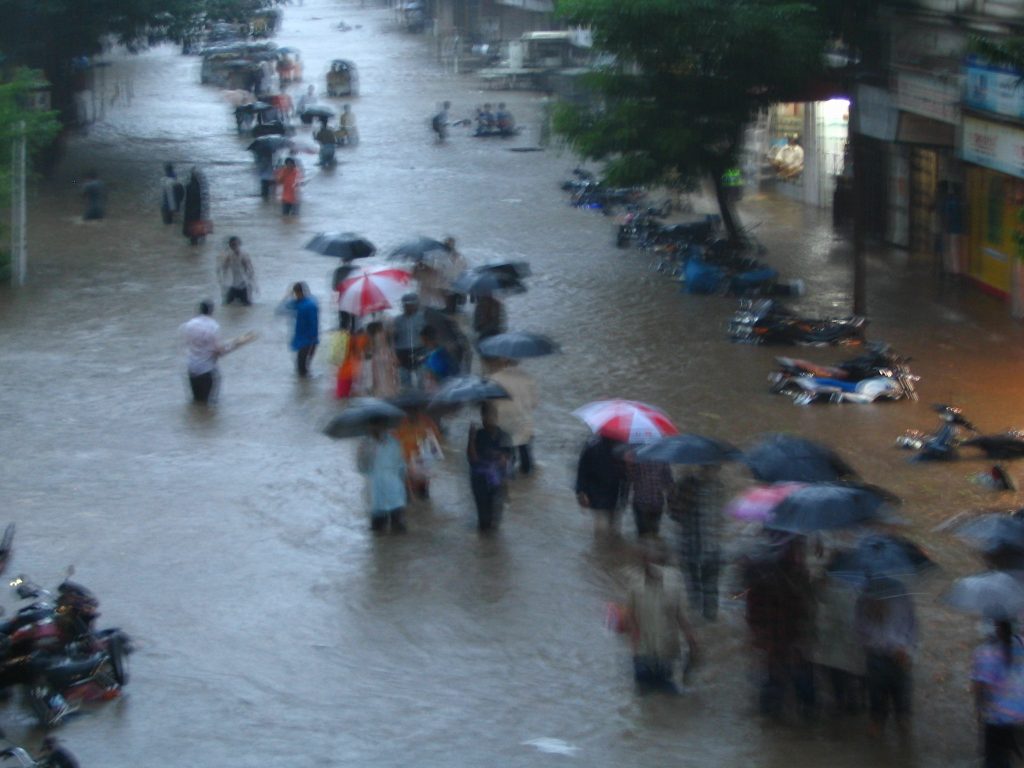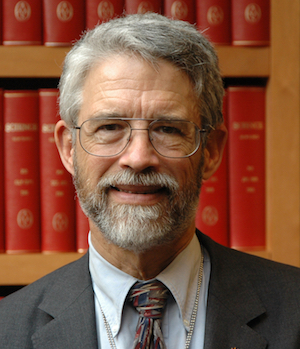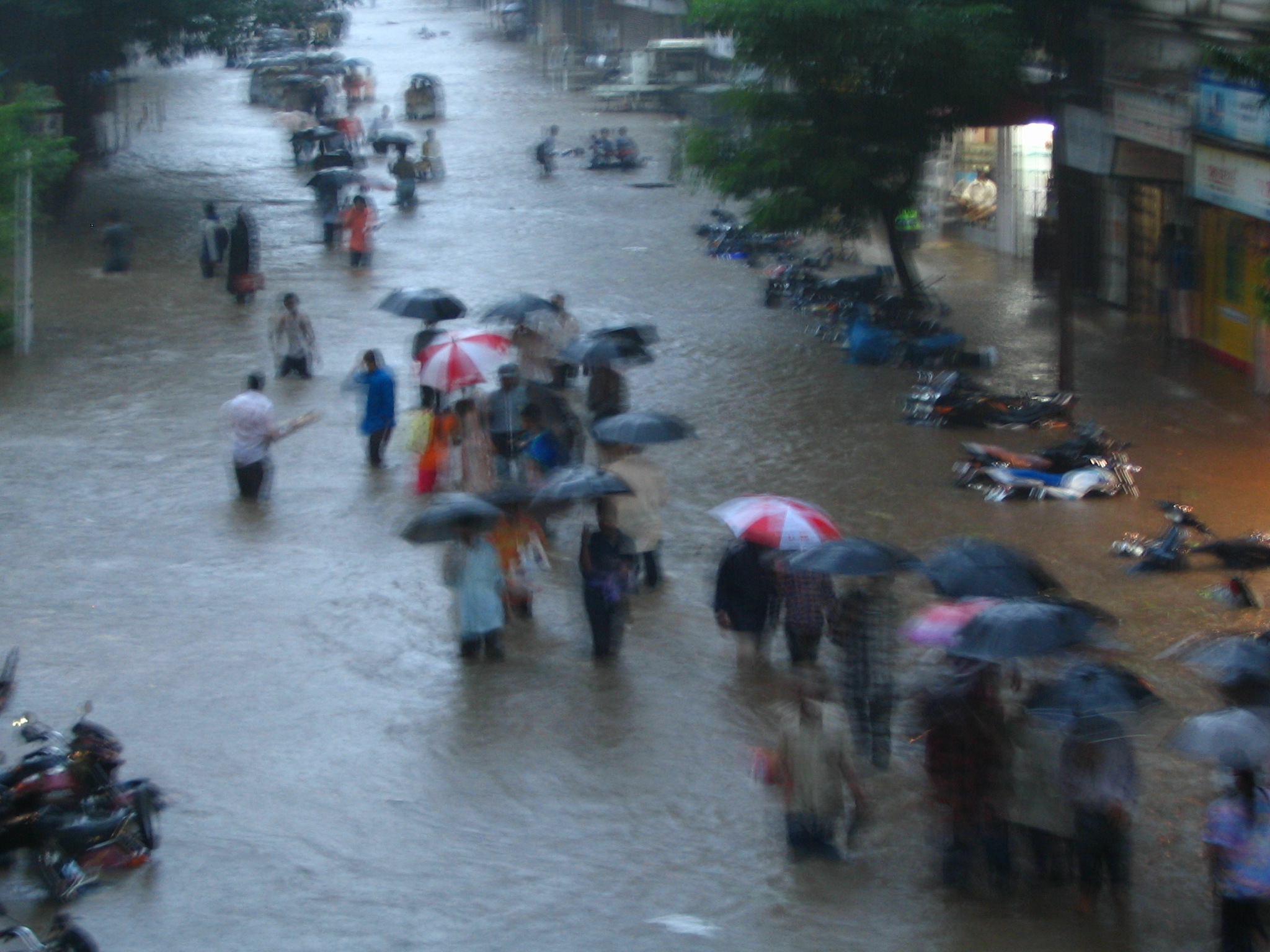“Wafflers” Exert a Growing Influence on the Climate Change Debate

(Photo: Ashwan Lewis, Flickr)
SAN FRANCISCO—Among climate-change skeptics, “wafflers” are stalling actions that can lead to solutions as they increasingly influence public debate and government policy.
Allowing wafflers to take center stage in the debate is their willingness to state “humans may have something to do with climate change,” followed by the qualifying word “but”—meaning the process is slow, future technology will solve it, or as a species, we can adapt.

John Holdren, science advisor to President Barack Obama.
“Wafflers underestimate what’s coming,” said John P. Holdren, science advisor to President Barack Obama for eight years, in a plenary address opening the 10th World Conference of Science Journalists 2017 on 26 October.
What is coming, the scientific community agrees, includes significant increases in humidity and heat extremes, the frequency of flooding, declining crop yields, longer droughts, catastrophic wildfires, the severity of storms, coral reef bleaching, ocean acidification—and the list goes on.
Obama policies unraveled
In his talk titled Why the Wafflers Are Wrong: Addressing Climate Change Is Urgent—and a Bargain, Holdren expressed concern that President Donald Trump has not appointed a science advisor and is going about systematically unraveling everything President Obama enacted.
“Many adaptation measures would make economic sense even if the climate were not changing,” said Holdren, who is now Teresa and John Heinz Professor of Environmental Policy at the John F. Kennedy School of Government, Harvard University.
"A president without scientific insights is someone not prepared to get good advice."
“We are not a technocracy, where the scientific or technology facts drive everything,” he said. “But at the same time, I think it is a mistake for political leaders to make decisions without knowing the relevant science.”
“A president without scientific insights is someone not prepared to get good advice and reject bad,” he added, recalling his experience as a senior advisor to President Obama on science and technology issues.
In a meeting with reporters earlier in the day, Holdren stated that the K-12 educational system in the U.S. is failing our children. “We’ve told kids the full effects of climate change,” he said, “but we don’t tell them what science really is and how it works.”
Science evolves and ups and downs are part of the process. “Uncertainty doesn’t mean we don’t know anything, but that there is still a lot of work to do about things we still don’t know,” he added.
The high cost of inaction
Holdren also believes that citizens care deeply about climate change but are less politically engaged about it because of concerns on more immediate issues such as whether they have a job and access to health care, and whether they can save for retirement and pay for their children’s education. Unfortunately, adapting to the effects of climate change gets more difficult, more expensive, and less effective the longer society waits, Holdren said.
“Most of the uncertainty about the future of climate change resides in society’s choices, not in the science,” he said.
Holdren’s remarks were delivered the same day a new study was published, showing how the combination of global sea level rise and a warming atmosphere will affect New York City. Published in the Proceedings of the National Academy of Sciences, this work suggests that floods of 2.25 meters above the mean tidal level will become more frequent over time and flooding could strike the city as frequently as every five years.
—
Margarida Marques is a Portuguese environmental journalist. See her work at https://mmargaridapm.wixsite.com/journalism

